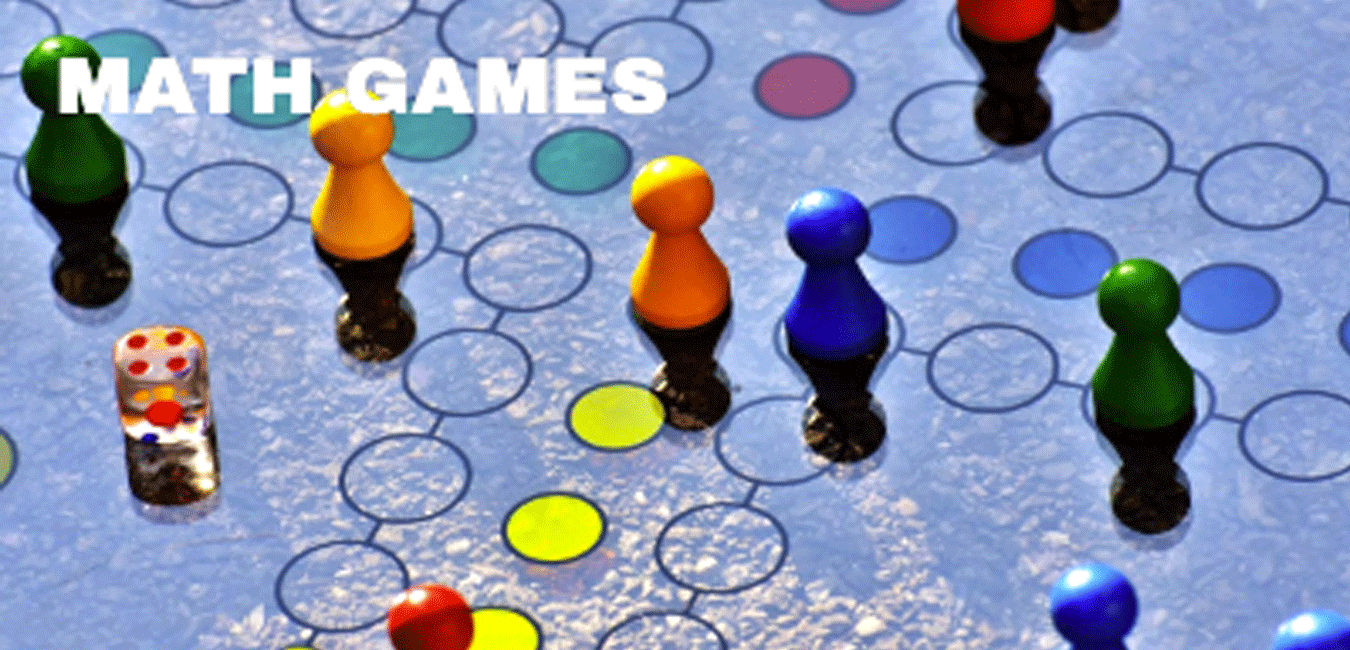Math games in the classroom or at home are a valuable instructional strategy that allows parents and teachers to review skills, offer more practice, promote social skills and more. Here are 10 benefits of incorporating math games in your teaching at home or in the classroom.
Strategic thinking
Strategic thinking is necessary for solving problems and for playing games. It is the ability to observe, collect and analyze information, and choose the best path or solution. We all know that developing strategic thinking is very important in real life. Playing math games helps to practice strategic thinking and acquire problem-solving skills.
Promotes Math/number talks
Playing math games encourages children to use academic vocabulary and the correct math terms for communicating and explaining their thoughts and their actions in the game. They practice using specific vocabulary correctly. Sentence frames, math Talk cards or guided questions specific to the game can help.
Explaining math
In a game students often need to organize their thoughts in order to explain them to teammates or opponents. To do that they engage in thinking which greatly enhances their own understanding. Students who explain to one another strengthen their own learning. Moreover, students are able to translate the teacher’s language into “student language” for one another which helps them learn better.
Family/friend bonding
Playing pair or group games develops social skills and builds positive relationships among students which is very important for creating a learning community that values diversity. At home, a game is a great way for family or sibling bonding.
Cooperative learning
In pair or group games, students are motivated to help one another learn as they have a common goal, to win. They see each other’s strengths and how to use them to work well as a team.
Active learning-increase student engagement
Math games are great for keeping the students engaged and interested, as they are active in their own learning. Children pay more pay and appreciate “tips” or explanation from teachers and parents more when they assist them in a game.
Practice, practice, practice
Games allow parents and teachers to review important math skills. With math games, repeated practice becomes interesting and drills are seen as fun activities.
Informal Assessment
Math games are a great alternative way for homeschooling parents to assess their children’s progress in specific skills without the pressure of a test. Playing a well-chosen / designed math game with your child can help you identify gaps or skills that need improvement.
Support Different learning styles
Not all children learn the same way and it is important to support all learning styles. Visual learners learn with models and picture representations while kinesthetic learners need hands-on experiences and movement. Auditory learners prefer to communicate and talk to each other and read/write learners need to use a recording sheet to find their solution. By incorporating different kinds of math games in your teaching you can support all students.
Motivation
Children enjoy playing games for many reasons such as the fun of winning, the satisfaction of reaching a goal or solving a mystery, or just cooperating with others. Therefore, students are always motivated to play math games and by incorporating games in your teaching you can foster positive attitudes towards math.
These free print to play games encourage students to practice skills and enhance their learning.
Escape rooms Practice one table at a time.
Block it! Practice the multiplication facts. The gameboard is the table and the answers are right there. Everyone can play!
Maze Escape single-player game. Practice factors, multiples and more.
Race to Rule Practice factors, multiples, division, prime and square numbers.
The Great Escape Practice multiplication, division and more.
Many more games.

